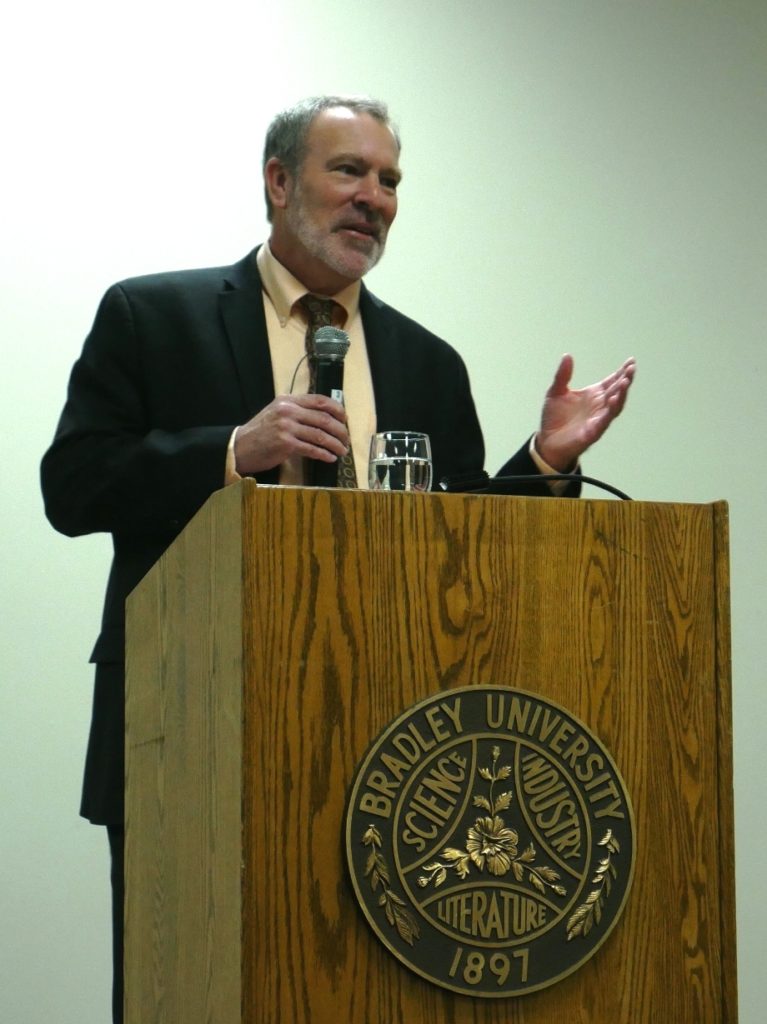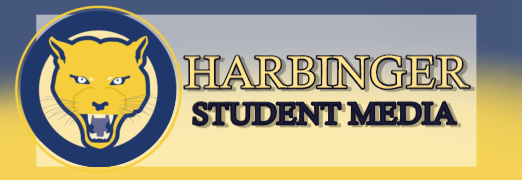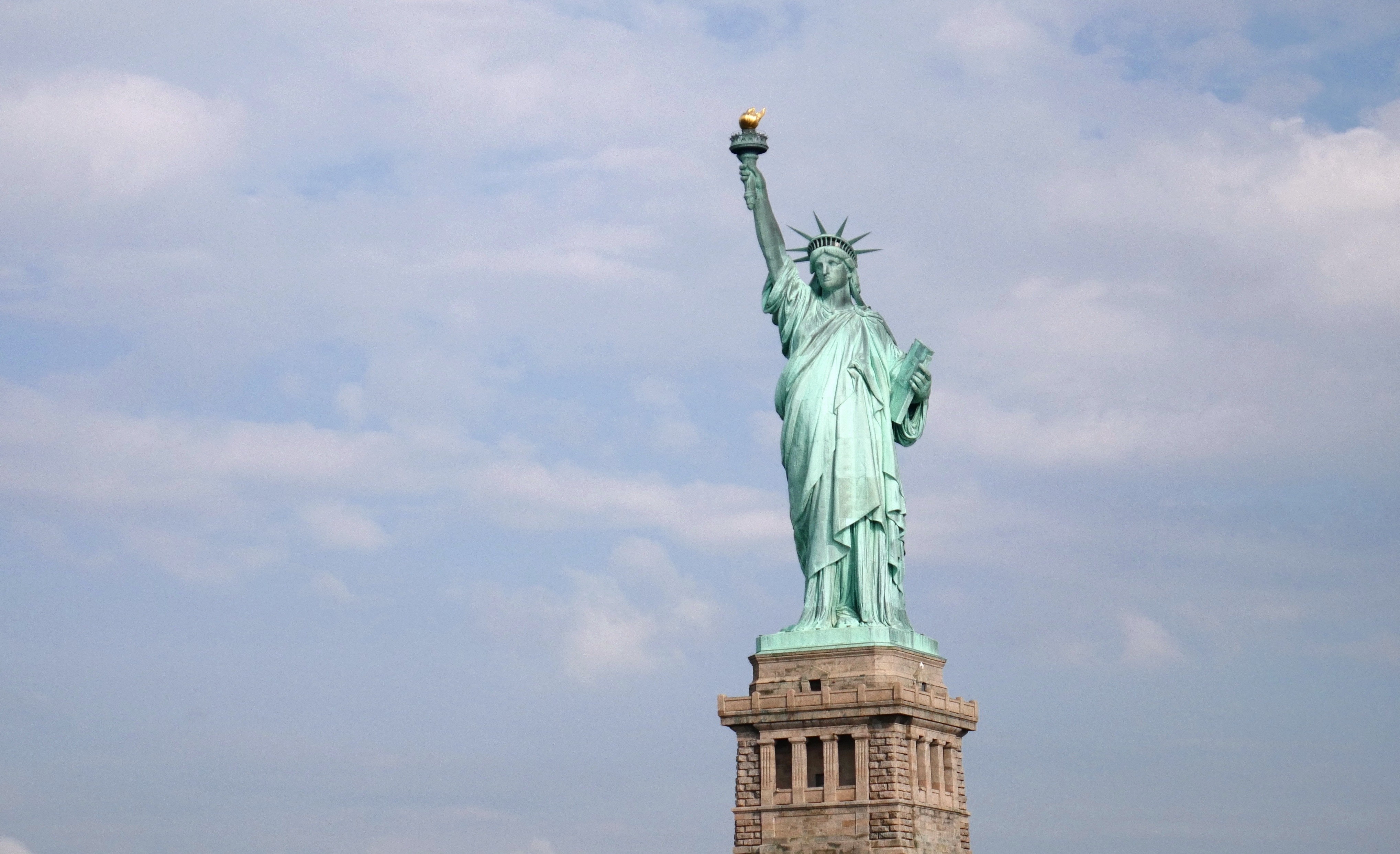Highlights from “Leadership Crisis in Illinois, U.S., & the World” at Peoria Area World Affairs Council

February 5th, 2019 – Peoria, IL – Born and raised in Peoria, John Shaw spent over 25 years in Washington D.C. as a journalist, now serving as director of the Paul Simon Public Policy Institute of Southern Illinois University. He spoke to the Peoria Area World Affairs Council—a group dedicated to discussing important issues—on Thurs., Jan. 31st for a program titled, The Leadership Crisis in Illinois, U.S., & the World.
“You’re given a press pass and you can just sort of go wherever you want,” Shaw recalls when speaking of his years as a congressional reporter. “You’re walking down the hall and here’s John McCain. Or you’re in line for a cup of coffee and Ted Kennedy is behind you. It’s amazing exposure to people and policy debates up close.”
For over a year, Shaw has been back in his native soil to lead the Paul Simon Public Policy Institute. He remembers a different Springfield, IL than the one he sees today. “There was at least a basic problem-solving approach to the world: try to get a budget every year and try to pay bills. It may not have been heroic but it was just the basics of government. That has sort of dissipated and is gone.”
Shaw is compelled to remind older generations and reach younger ones with the message that, “High-level leadership is possible. It doesn’t have to be tired, old, reactive, short-term politics.” He aims for the institute to “reflect Paul Simon’s best values,” which he affirms is “an approach to government that is civil, respectful, and focused on solving problems rather than just tearing away at each other.”
On statesmanship:
Shaw is working to promote a return to statesmanship—a quality of leadership that he characterizes as having “vision, courage, compassion, civility, fairness, and effectiveness.”
He describes vision as “looking to the future, not just making decisions that are relevant to the current election cycle but are actually thinking to the long-term for the next generation.”
Shaw comments that democracy has done a bad job of addressing long-term issues with short-term sacrifices. He wishes decision-makers would say, “If we can make some minor adjustments now, it might cause a little pain but not much; let’s do it.”
Of courage, he promotes a willingness to “take some tough votes, making hard choices rather than just kicking the can down the road.”
He cited public figures, throughout U.S. history and in recent times, who sacrificed political advantages in order to further goals they believed were in the country’s best interest―figures like Arthur Vandenberg, Howard Baker, and Richard Lugar, who collaborated with members of the other party than the one they belonged to. He notes that a situation like a Republican and a Democrat collaborating over lunch can be perceived as disloyal or traitorous. Shaw believes that problem-solvers are often undermined by the antagonistic mindset produced by polarization.
He recalls how the culture has changed since the Kennedy-Eisenhower era: “The Republican party was a big, broad party with liberals, moderates and conservatives. The Democrats were a big, broad party with moderates, liberals, and conservatives. Liberal Democrats worked much more closely with liberal Republicans than they did with conservative Democrats. There wasn’t this sort of polarized, Dems versus Republican mentality back then.”
Of compassion, Shaw promotes empathy and kindness. He recalled the motto of his friend, Jan Eliasson, an accomplished Swedish diplomat and the subject of his book, The Ambassador (2006): “Without passion, nothing happens. Without compassion, the wrong things happen.”
Of civility, Shaw promotes an attitude of respect, polite and gracious behavior toward those who disagree with you. Having studied Kennedy and Eisenhower, he comments, “They weren’t pals. They weren’t friends. They were rivals and opponents. But they weren’t enemies. That’s where politics has sort of fallen off the rail.” Shaw says that both parties are rooted in good traditions which have eroded over time. “We need to expect both parties to rise to their best traditions,” he says.
He commends the integrity of Paul Simon when faced with a bitter letter from an angry citizen. He paraphrased the exchange: “‘Senator Simon, I disagree with you so strongly on this issue. I’m so angry at you,’ and so forth. Senator Simon responded by saying, in a very polite, civil, elevated letter, ‘Thank you for the letter. I understand your view. It seems like on this issue you believe it and you believe it very strongly. This is what I believe and I believe it very strongly. So if this is a really important issue for you, you should vote for someone else.’ He didn’t try to demonize the other person, or challenge their motives or their patriotism, or tell them they’re dumb or stupid. He just said, ‘This is what I believe, and if you believe differently, you have the right to vote for someone who is more in line with your views.’ I think that simple story resonates so much with all audiences. There’s a sense of, ‘So you can actually participate in politics at a high level and conduct yourself like that?’”
Of effectiveness, Shaw says, “You can have the most wonderful ideas in the world, but until you can bring about a final product, it’s not as significant or impressive.”
Shaw believes that a statesman’s first line of thought should be, “What is in the larger interest, the national interest or the state interest?” He adds, “I think that is something you don’t see a lot of. I would point to this government shutdown. There’s a lot of tactical maneuverings but I didn’t see a lot of people saying, ‘What is in the country’s best interest?’”
The political tension between money and statesmanship was discussed during a Q&A after the talk. Shaw informed the audience that lawmakers cannot raise money in their offices—that it’s a strict federal law. He then explained that parties have gotten around this by leasing out office spaces across the street from the Capitol: “You see lawmakers, during lunch hour, running across the street to go to the phone banks, making their phone calls to raise money.” He tells the story of a politician who told him that he’d spend two to three hours on the phone, daily, trying to raise money. “You’ve squeezed your friends out of every dime that you can… calling up strangers… you’ve humiliated yourself. After having won a seat at that point, I guess it’s not totally surprising that people are not dying to walk the plank and take a tough vote,” Shaw says.
Something like 95% – 98% of House members running for reelection get reelected, according to Shaw. An audience member lamented the decades-long influence of Michael Madigan on Illinois. Shaw affirmed that the scope of his power has not been healthy for Illinois.
As a counterpoint to self-interested government, Shaw is inspired by the story of George Washington relinquishing the chance for a third term (before a two-term limit for presidents was enacted through the 22nd Amendment in 1951). “Hopefully more lawmakers will see Hamilton,” Shaw laughs.
As much as Shaw feels there has been poor leadership, he feels there has been poor followership in Illinois and across the country. “I think we’ve allowed people to get away with things. We’ve voted for people whose behavior and record is probably not deserving of endorsements by us,” Shaw reflects.
A student at Bradley U. expressed her observation that there is apathy among her generation when it comes to involvement with the political world. She wonders if it’s solvable or if people will continue to avoid the responsibility of facing problems. Shaw encourages the political energy to emanate at the local level.
The institute is thinking about developing awards for statesmen (which Shaw clarified is not a gendered term) who are taking on tough issues in their communities. The institute is also creating a program to encourage young people to generate ideas on “how to renew and rebuild Illinois.” They’re hosting a summit this spring for students to voice their thoughts about what they’d like to see accomplished to make Illinois a better place to live. Overall, Shaw hopes activism will thrive.
On the current situation:
“There’ll be plenty of opportunities for statesmanship in both Springfield and D.C.,” Shaw says. “In Springfield, we have a new administration. The Democrats are in control of the state capitol. I think it’s incumbent upon them to address problems in a fundamental, substantive way and not just kick the can down the road and rely on positive atmospherics. They are in charge. They should try to do things and solve real problems. But I think Republicans have a responsibility to try and help out when they can, and when they can’t, to give constructive alternatives—not to just hammer the Democrats, but to say, ‘okay, we think your budget is way out of line, but this is what our alternative is.’”
Of D.C., Shaw states, “We have a booming economy and nearly a trillion dollars in annual deficits. That is asinine. That is wrong. As someone who’s covered this, both parties are complicit. There is plenty of hypocrisy and plenty of evasion. One of the responsibilities of government is to balance resources and commitments. We have not done a good job. That’s going to be a challenge to see if someone steps up and tries to address that.” Later, Shaw added, “When we finally do take action on fiscal policy, I’m imagining it’s going to be the result of a crisis in which we have to do some very draconian things.”
Shaw went on to say, “Bob Mueller’s report is going to test this political system in a way that it probably hasn’t been tested since Watergate. I’m hoping that fairness pervades—that Democrats set aside their antipathy for Trump and look at the evidence in a hard and fair way and say, ‘If this rises to impeachable crimes, let’s begin the process,’ but also not say, ‘Trump is in peril now… If we do articles about impeachment, it’ll just fire up his base and ensure he gets reelected.’ There’s plenty of ways the Democrats could be too aggressive or not aggressive enough on this. It’s going to be really interesting to see if they rise to the challenge and it’s going to be very interesting to see if Republicans rise to the challenge. For those of us who were there during the Clinton impeachment, I heard a lot of times that ‘perjury is perjury.’ But now it seems like, ‘well, if he’s pressured by Mueller or this or that…’ To me, the essential quality is to be fair, to hold both sides accountable, and actually—this is kind of a radical thought—to expect more from your side than the other side. Rather than saying, ‘I’m a Democrat and we’re not great but we’re sure as hell better than the Republicans,’ it should be, ‘I expect more from my people than the Republicans.’ I’m really struck at how few people hold themselves and their party to a high standard.”
On journalism:
Shaw commented on the current state of journalism. When asked by his students if the media has a bias, he says he’ll say, “Well, it is. It’s really, really biased—it’s biased towards conflict.” Shaw says that things may not be as riotous as they appear on TV.
He recalls one particular day in the Senate: The session began with verbal jabs between Mitch McConnell and Chuck Schumer. After a couple of minutes, they figured out the day’s schedule and preceded with business as usual. He describes how MSNBC and FOX hyped up the occurrence with news blurbs like, “Senate war escalates…” The two-minute conversation was “looped endlessly for eight hours,” Shaw says. “I’d come home from work and my wife would say, ‘My god, what was going on there?’ I said, ‘It was two minutes of kind of staged back-and-forth.’”
He called the cable news networks “egregious” for such theatrics. “I don’t think they’re doing us a service,” he says. “They are badly distorting what is happening and I do think they are contributing to this corrosive and acrimonious culture. Fewer and fewer journalists jump out at me as being totally fair-minded. Journalists have also kind of gotten sucked into these partisan battles in which you’re identified as either a pro- or anti-Trumper.”
Shaw is concerned about the pressure for journalists to satisfy the demand for immediacy and hyperactivity, which he says can result in rushing a story out before the facts are well established. He encouraged the audience to turn off their televisions or watch the PBS News Hour, which he deems a quieter and more unbiased presentation than the cable outlets. He appreciates PBS’s Judy Woodruff as “politely tough on everyone.”
Shaw was asked by an audience member, “What should we be reading?” He mentioned biographies on Eisenhower, Truman, George Marshall, The March of Folly by Barbara Tuchman—about how governments tend to do things contrary to their own interests—and The Warmth of Other Suns, about the African-American migration from the south to the northeast, which “shows the richness of our culture.” He mentioned other reads throughout the presentation, as well, such as Laboratories of Democracy, which espouses a need for effective and influential state governance.
On civility:
Shaw describes the decline in the quality of town hall meetings, which had been a stronger staple of American life. He and the Paul Simon Public Policy Institute are working to create programs that make town hall meetings in Illinois more civil.
Shaw describes the playbook for disrupting meetings: “Bring all your buddies; pack the room; when he or she says something that you don’t like, boo. If you have a microphone and he’s evading the question, don’t relinquish the microphone—all of these tactics. Both parties use them.” He feels it’s important to have a nonpartisan moderator who establishes ground rules, enforcing a civil discussion.
Shaw wishes that citizens would prepare for town hall meetings with the same attention and care as they would for a business meeting, treating people the way they would if their “kids were in the audience.”
Shaw affirms that it can be critical how the room is configured. Rather than a podium, people can sit in a circle, providing a greater sense of accessibility. He discourages lethargy, evasion, wasted time, superficiality and so forth on the part of town hall leaders.
Shaw spoke fondly of his reporting days in D.C., commenting that he had fun almost every day. “One thing that’s kind of striking when you go to Washington is that there are certain people that you like ideologically, and then you bump into them every day and they’re kind of snappish and rude or something. And other people, you just totally disagree with on everything, and they turn out to be the nicest people. You’re chatting with them in the coffee shop and they say, ‘Hey, how’s your family doing?’”
The audience enjoyed a big laugh while Shaw regaled his story of interviewing Joe Biden. The entire presentation and Q&A can be heard on Harbinger Student Media’s YouTube channel. A video interview with Shaw will appear there later this week as well.
Shaw hopes to visit the Peoria Area World Affairs Council again for a follow-up time to touch base, give updates and receive input about what his institute is doing. Students can join the PAWAC for $5, though anyone is free to attend their events.
The PAWAC’s next event, Journalism under Fire, is on Feb. 24th. A couple of films will be screened at the Riverfront Museum, followed by a panel discussion, centered on the perils journalists encounter in the U.S. and around the world.
Article and photos by Wes Brooks
Got opinions? Ideas? Send ’em our way at iccharbinger@gmail.com
Be a fellow Harbinger and share this post.

